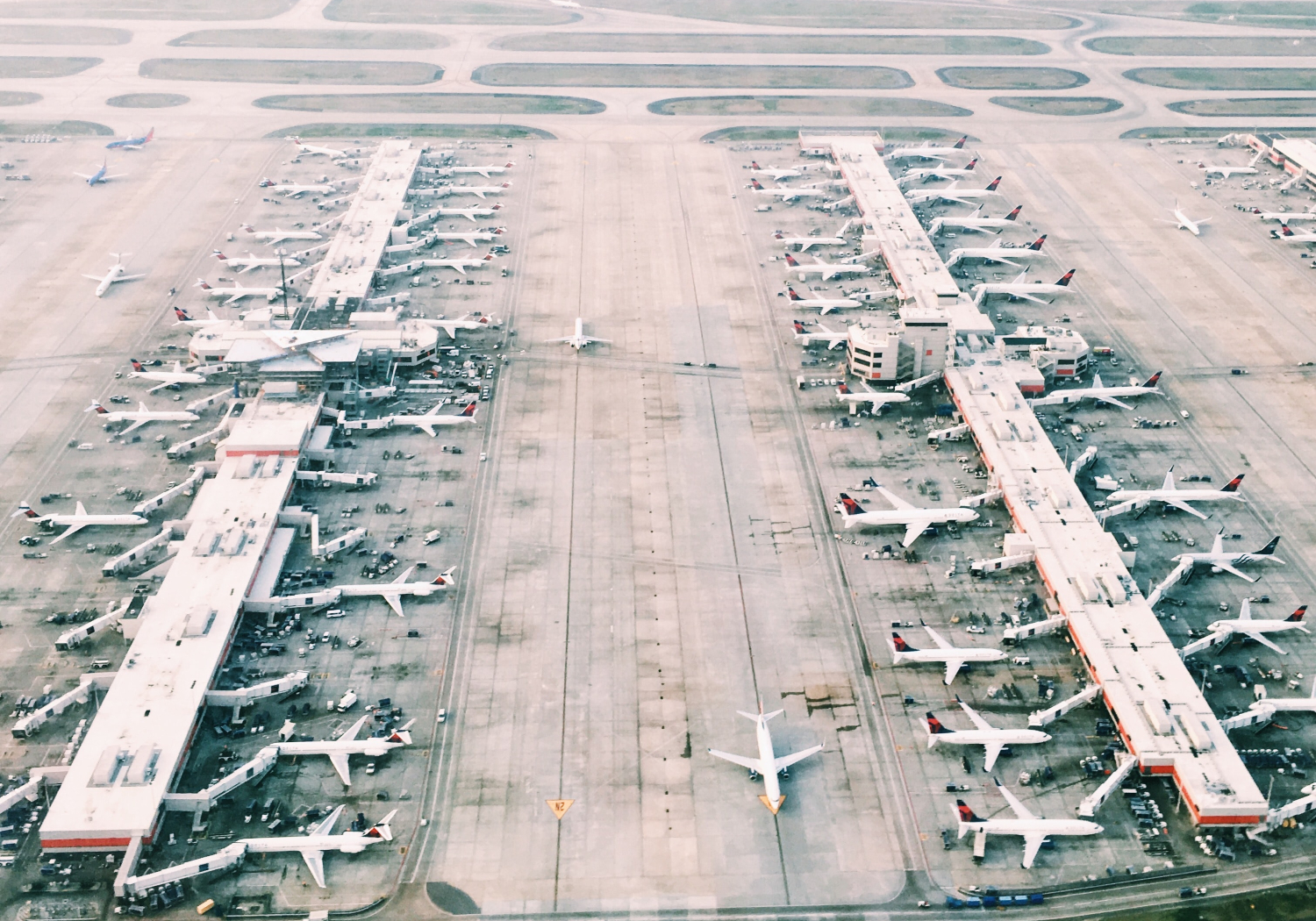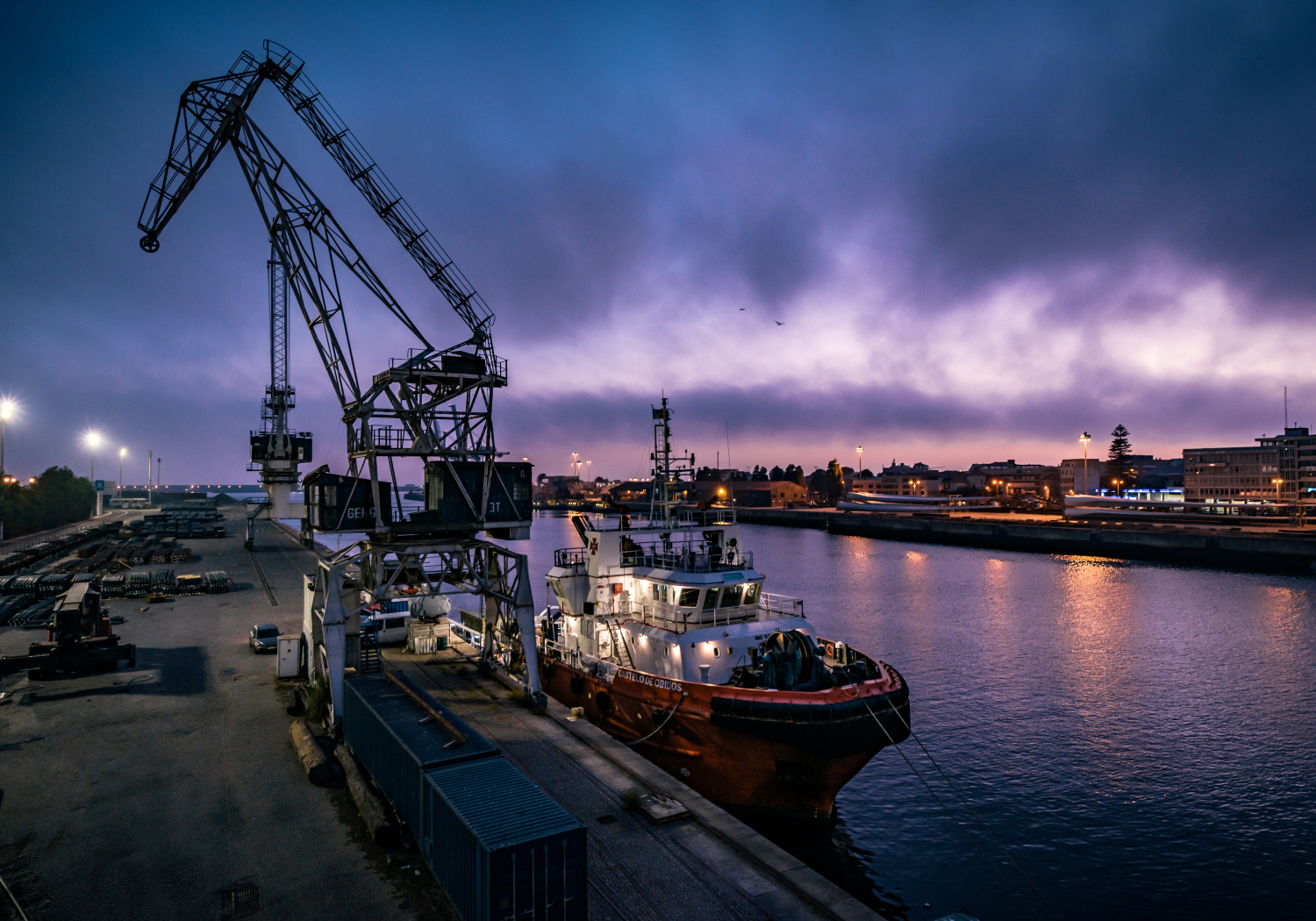Air and ocean IMPORTS
Import Services You Can Rely On
Your cargo has a destination and a tight timeframe. It is our team’s job to make it a reality. We work directly with airlines, ocean lines, and more to ensure your imports arrive safely and on time at a price you can afford.
Our team is adept at managing incoming and outgoing, as well as anticipating and planning for all of the details that will ensure a successful delivery for our customers. Let’s be honest. A lot can go wrong. It’s why our team is ready and waiting to support your organization. We are committed to keeping you informed throughout every step of the process.
During times of global upheaval, imports can be difficult to manage. Customs change in the blink of an eye. Our team walks you through the process and provides you with a single point of contact. Your cargo is in good hands.
COMPREHENSIVE BENEFITS
International shipping is anything but simple. Fortunately our team is full of experts who understand the ins and outs of importing your cargo. Learn about our import services by clicking the arrows below.
WE’RE HERE TO HELP
Our capable and experienced team is standing by to assist organizations and supply chains across the globe. Click the button to get in touch with our team.
Our Certifications
TOC Logistics International holds the following certifications:

Accredited as an IATA agent, TOC Logistics International, LLC. has a direct contract connection with the airlines and provides high-quality service and dependability that airlines and their clients expect.

TOC Logistics International, LLC. is certified by CTPAT, a voluntary government business initiative to strengthen and improve overall international supply chain and US border security.
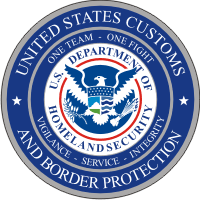
TOC Logistics International, LLC. is recognized as a Licensed Customs Broker by U.S. Customs and Border Protection. This means we can provide expertise regarding entry procedures, admissibility requirements, classification, valuation, and the rates of duty and applicable taxes and fees for imported merchandise.

The Federal Maritime Commission (FMC) has licensed TOC Logistics International, LLC. as an NVOCC (Non-Vessel Operating Container Carrier) for providing ocean/air services.
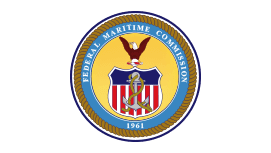
The Federal Maritime Commission (FMC) has also licensed TOC Logistics International, LLC. (License No. 023587NF) as a FF (Freight Forwarder) for providing ocean/air services.

TOC Logistics International, LLC. has achieved ISO 9001:2015 certification to demonstrate our commitment to customers and globally recognized quality of service standards.
Our Services
Air and Ocean Services
Deliver cargo quickly and reliably with air and ocean freight options.
Supply Chain OPTIMIZATION
Optimize your supply chain and create new efficiencies.
Customs Brokerage
Our customs brokers make international shipping easy.
Time Critical Logistics
Our team can help you reduce time critical logistics and save money.
Consolidation Programs
Increase efficiencies and boost savings with our consolidation programs.



